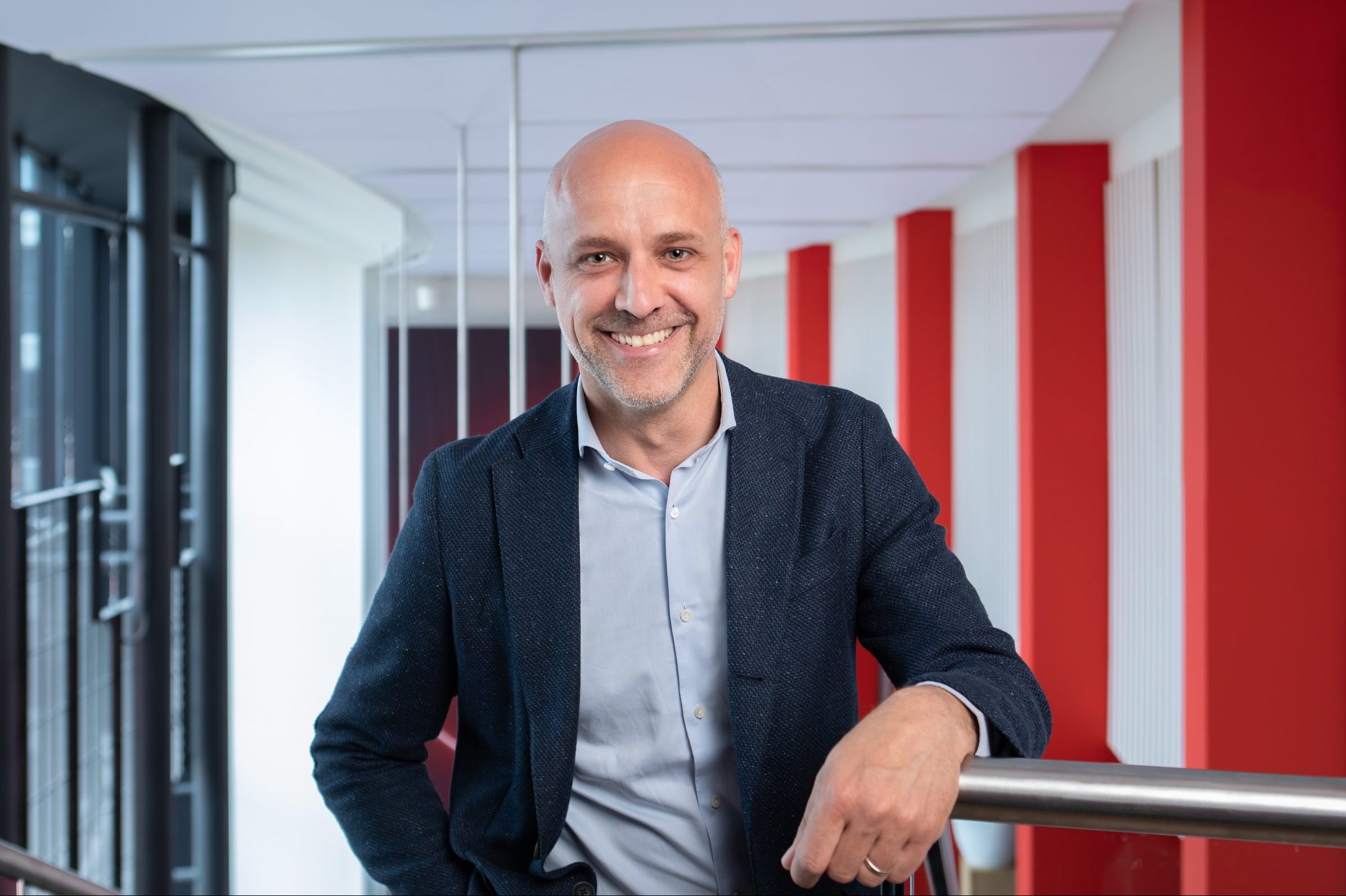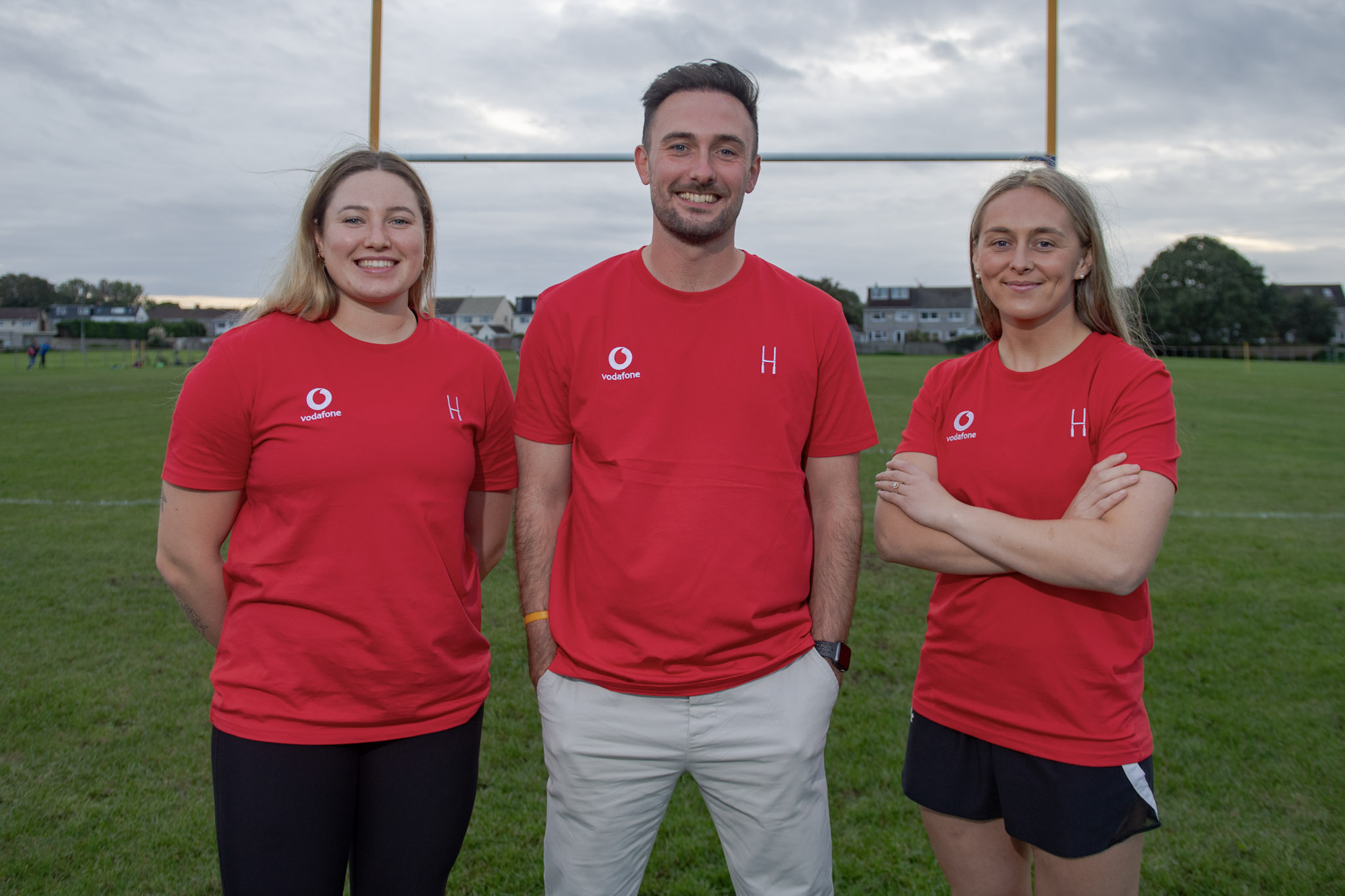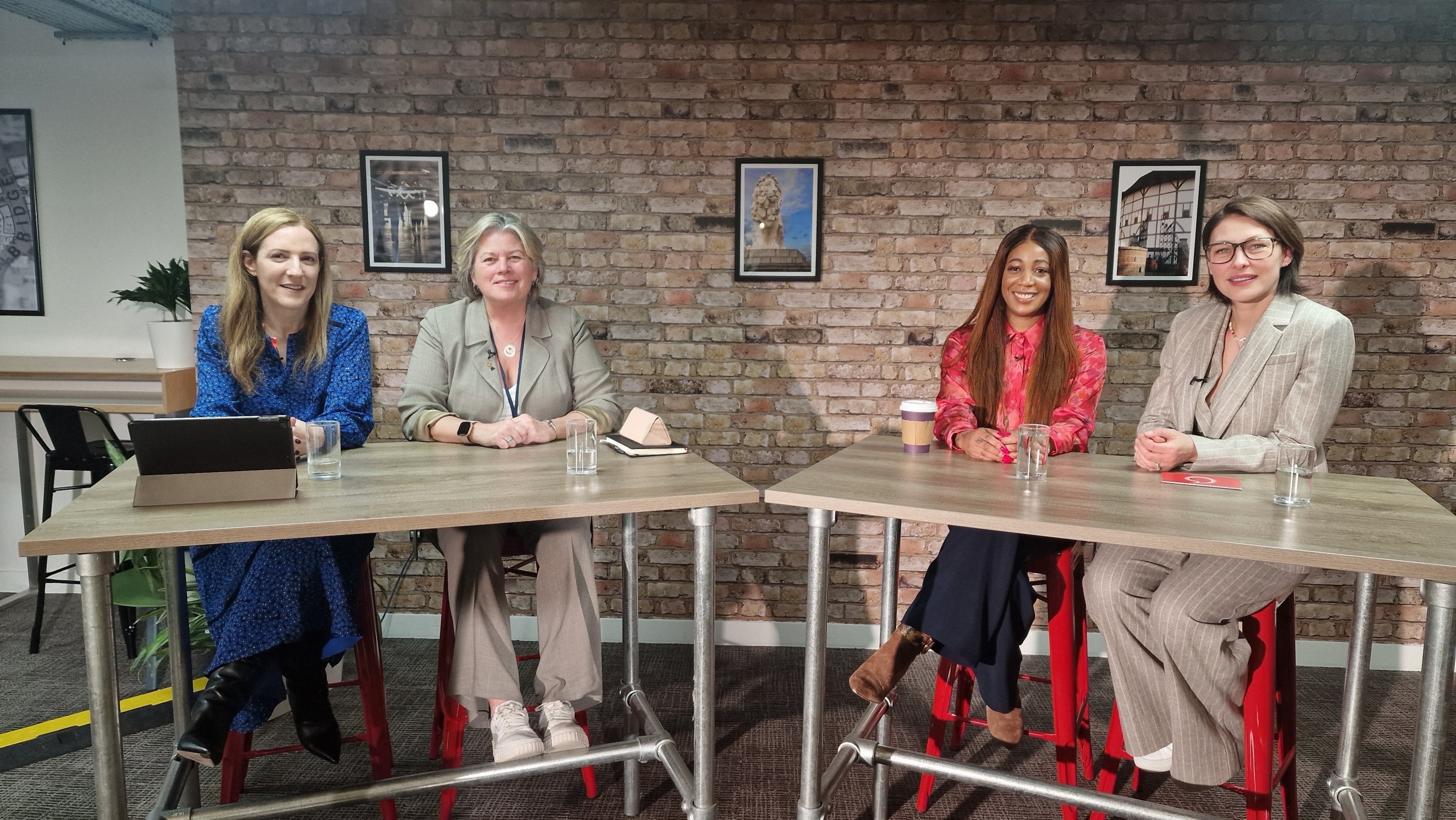Michele Mead, Portfolio and Programme Management Lead at Vodafone, explains the importance of championing neurodivergence and how Vodafone is helping to create a more inclusive workplace.
Founded in 2018, Neurodiversity Celebration Week is a worldwide initiative held annually each March, which aims to change the way society views neurodivergent individuals. By encouraging schools, universities and organisations to recognise neurodivergent talent, it helps contribute towards a more inclusive culture.
This inclusivity is a key part of Vodafone’s own workplace culture, in which every colleague can excel, without exception. For Michele Mead, Portfolio and Programme Management Lead at Vodafone, the benefits flow both ways:
“While neurodivergent people may process things in a different way to most people, it can actually help provide a different perspective – one that fosters increased productivity or creativity within a team.”
In fact, Australia’s Department of Human Services found that the organisation’s neurodiverse software-testing employees were 30% more productive than their colleagues.
“Our attributes are often overlooked by the hindrance society has placed on us,” says Mead. “However, in an environment where we are accepted, supported and provided with the psychological safety to bring our whole selves to work every day, we can thrive.”
In an environment where we are accepted, supported and provided with the psychological safety to bring our whole selves to work every day, we can thrive.
Raising awareness and removing stigma
Vodafone’s VodABILITY Network plays a leading role here, supporting not only our neurodivergent colleagues, but also employees with disabilities and long-term health conditions. Whether they are physical, mental, visible or non-visible; whether they are affected directly or indirectly.
In total, the VodABILITY Network has trained more than 2,400 employees on neurodiversity, running support groups and awareness campaigns each year, while offering various mentoring opportunities and learning initiatives.
People can wear a symbol (such as the Hidden Disabilities Sunflower) to indicate their non-visible disability. As a company, Vodafone is a member of the Business Disability Forum and a Disability Confident Employer (Level 2).
“I’m proud to work for Vodafone,” says Mead, “because people across our organisation champion neurodivergence. Between mentoring and initiatives, such as the Reasonable Adjustments process and the ‘sunflower lanyard scheme’, we help those who need support to get it.”
How Augmented Reality helps picture books tell the whole story
AR-enhanced books can help engage neurodiverse kids, while also broadening ethnic representation. If you're sitting comfortably, then we can begin.
Changing the face of tech
But meaningful progress is only possible when people – and organisations – come together. For instance, December 2023 saw Vodafone work with Colt, Nokia and Samsung on a major global study into the experiences of neurodivergent employees in the technology industry.
The research – carried out by both Inner Ambitions and the Tavistock Institute of Human Relations – found that more than half of those who self-reported as neurodivergent had not disclosed their condition(s) at work, either because they did not have a formal diagnosis (55%) or did not see the value in disclosing it (53%).
These findings are part of the wider #ChangeTheFace initiative, launched by Vodafone in 2020 to increase diversity and equality throughout the technology industry.
The #ChangeTheFace Alliance has since been formed, comprising leading global tech companies and organisations, including IBM, Nokia, Samsung, Deloitte, Digital Boost, Ericsson, Meta, Founders4Schools, Girl Effect, UN Women and Vodafone.
Stay up to date with the latest news from Vodafone by following us on Twitter and signing up for News Centre website notifications.
![Neurodiversity illustration[Adobe Stock]](https://www.vodafone.co.uk/newscentre/app/uploads/2024/03/Neurodiversity-illustrationAdobe-Stock.jpg)









![Nicki-Lead_image[OPTIMISED]](https://www.vodafone.co.uk/newscentre/app/uploads/2023/10/Nicki-Lead_imageOPTIMISED.jpg)